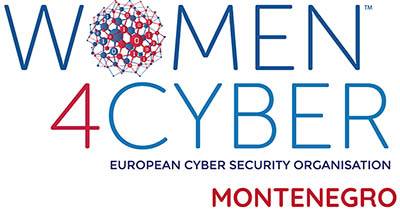In an era where information freely and instantly circulates around the globe, the threat landscape has expanded beyond traditional cyber attacks. One of the most insidious threats we face today is disinformation.
Disinformation does not directly damage systems or steal data, but it undermines trust, sows discord, and can even disrupt entire societies.
Disinformation refers to false or misleading information spread regardless of intent. It can arise from various sources, including misunderstandings, rumors, or even satire misunderstood as fact. With the advent of social media, a new problem regarding disinformation has emerged—its ease and speed of dissemination.
In democratic societies, trust is fundamental—people must trust institutions, leaders, and the media to make informed decisions. Disinformation can undermine this trust, leading to skepticism and even hostility toward legitimate sources of information.
Disinformation also often plays on human biases, reinforcing existing beliefs and thus fostering divisions.
The COVID-19 pandemic demonstrated the deadly potential of disinformation. False information about treatments, vaccines, and the virus itself spread widely, complicating public health efforts and endangering lives. Vaccine hesitancy, fueled by disinformation, posed a significant barrier to achieving herd immunity.
Disinformation spreads through various channels, with social media being the most significant. The algorithms that power platforms like Facebook, Twitter, and YouTube often favor content that generates interactions, which can include sensationalist or misleading stories. The echo chamber effect exacerbates the situation, as users are often exposed only to information that aligns with their existing beliefs.
Bots and fake accounts also play a significant role in spreading disinformation. These automated accounts can massively share disinformation, making it appear more credible and widespread than it actually is.
In conclusion, disinformation is more than just a nuisance; it represents a significant cyber threat with far-reaching consequences. In a world increasingly reliant on digital information, ensuring the accuracy and reliability of that information is of utmost importance. Combating disinformation requires vigilance, collaboration, and a commitment to truth. By addressing this threat head-on, we can protect not only our digital spaces but the very fabric of our societies.
Jovana Vuković
PR and Social Media Coordinator, Women4Cyber Montenegro












